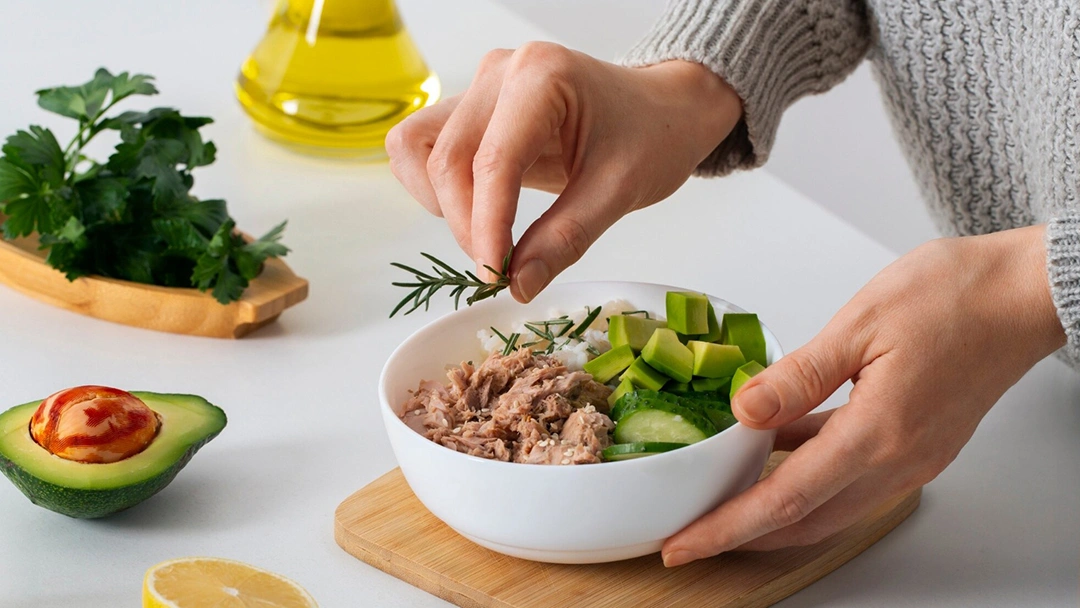Are Sunflower Seeds Keto?
Sunflower seeds are low in carbohydrates and high in fats. S, the short answer to the question, “Are sunflower seeds Keto?”, is yes because these seeds contain different valuable nutrients.
[cta-gocarnivore-plans]
Sunflower Seeds Nutrients
Sunflower seeds are packed with many nutrients, vitamins, and minerals. The following table shows the carbs in sunflower seeds and other nutrients in 1 oz. (28 grams) of dried sunflower seeds [3].
Learn More: Is Tofu Keto? How to Eat Tofu on Keto?
Due to this nutritious profile, adding sunflower seeds to your Keto Diet can provide many health benefits related to inflammation, immunity, and cardiovascular health.
However, you should consume them in moderation because they contain insoluble fiber, which can cause inflammation and irritation in the gut. The recommended amount of sunflower seed is around 1 ounce (28 grams) per day [4] [5].
Of course, it is not a fixed amount, and you should consult with a healthcare professional and watch your body’s response to find the best amount based on your health status and diet rules.
Sunflower seeds also provide many essential vitamins and minerals for the body, like vitamin E, selenium, protein, calcium, iron, and niacin [6].
Learn More: Keto Candy: Best Zero Sugar Candy & Low Carb Sweets + Recipe
[cta-meetings]
The Benefits of Sunflower Seeds on the Keto Diet
Adding sunflower seeds to your Keto Diet can bring many benefits, such as
- Reducing Inflammation,
- Improving Cardiovascular Health,
- Boosting the Immune system, and
- Enhancing Neonatal Health.
Learn More: Is Coconut Milk Keto? 5 Keto-Friendly Coconut Milk Recipes
Reducing Inflammation
Sunflower seed is a rich and powerful anti-inflammatory food. A 2006 study from Columbia University showed that consuming sunflower seeds 4 to 5 times a week can lower serum inflammation markers and lower the risks for various chronic diseases, like type 2 diabetes [7].
Learn More: 4 Best Carnivore Pizza Recipes + No-Carb Chicken Pizza Crust
[cta-meal-plan]
Improving Cardiovascular Health
Eating healthy fats, like the unsaturated fats in sunflower seeds, is good for your heart. A 2014 study from Harvard University discovered that including sunflower seeds in your diet reduces the risk of heart problems and helps with high cholesterol and blood pressure levels.
Also, including natural and unprocessed monounsaturated and polyunsaturated fats in your diet can improve heart health over time [8].
Boosting the Immune System
Sunflower seeds contain high amounts of zinc, an important mineral that helps the function of the immune system. Zinc can fight harmful substances like free radicals, support the development of immune cells, and maintain internal antioxidants.
Additionally, sunflower seeds contain selenium, which helps the immune system detect and fight harmful viruses. Selenium is also important for thyroid function, which produces hormones, like progesterone, that support immunity [9].
Learn More: 3 Keto Low Carb Sausage Balls + Carnivore Alternatives
[cta-gocarnivore-plans]
Enhancing Neonatal Health
Doctors usually suggest that nursing mothers and pregnant women add sunflower seeds to their diet because these seeds are full of vitamin E and folate, which are vital for the baby's growth.
Folate helps the placenta and lowers the risk of birth defects, and vitamin E improves the mother’s health during pregnancy [10].
But you must consult a healthcare professional first to make sure it does not have any side effects in your specific condition.
Another important point is how to eat sunflower seeds on a Keto Diet to enjoy its benefits while having variety in dishes. Here are five easy ways.






























